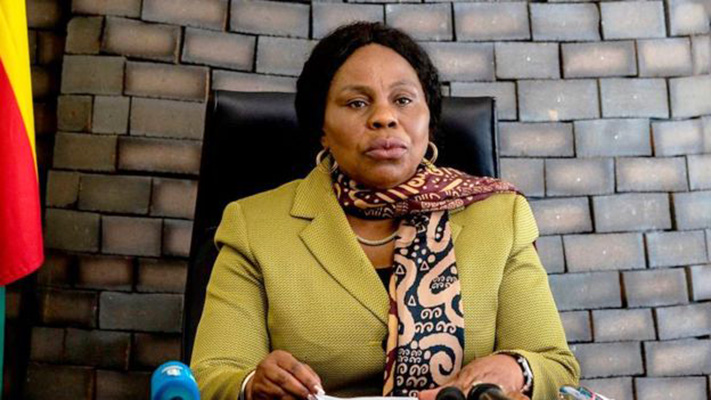
BY MIRIAM MANGWAYA
UNITED Nations policy specialist Maureen Shonge yesterday called on government to formulate legislation which will compel political parties to ensure that there is gender parity at all levels.
Shonge said this during a virtual meeting hosted by African Women Leaders Network Zimbabwe which was attended by high-ranking female leaders in the country, including Information minister Monica Mutsvangwa.
The virtual meeting encouraged women participation in leadership roles, including politics.
She said women representation in politics was on a downward spiral since 2013, despite that several efforts had been done by government to ensure gender balance in political participation.
“Research has shown that there is a downward trend in female participation on political issues. Statistics show that around the year 2010, about 35% legislators were female, but the figure has dropped to below 15% in 2021,” Shonge said.
“Therefore, we recommend that government formulates a law which compels political parties to observe a 50-50 participation of men and women in politics.”
Mutsvangwa bemoaned rampant child marriages in the country, saying they were one of the factors stalling efforts to ensure women attain higher roles in political and economic decision-making processes.
- Chamisa under fire over US$120K donation
- Mavhunga puts DeMbare into Chibuku quarterfinals
- Pension funds bet on Cabora Bassa oilfields
- Councils defy govt fire tender directive
Keep Reading
She said government had enacted proposals for a 30% women’s quota in councils to enhance female participation in governance among other several policies to promote women’s participation across all institutions.
“It comes as no surprise that women stand at the front lines of the COVID-19 crisis, as health are workers, caregivers, innovators, community organisers and as some of the most exemplary and effective national leaders in combating the pandemic,” Mutsvangwa said.
“The crisis has highlighted both the centrality of their contributions and the disproportionate burdens that women carry.”
The 2013 Constitution managed to ensure that women get 60 free proportional representation seats in Parliament.
However, financial constraints and the violent electoral campaigns are said to be some of the factors hindering participation of women in politics.











